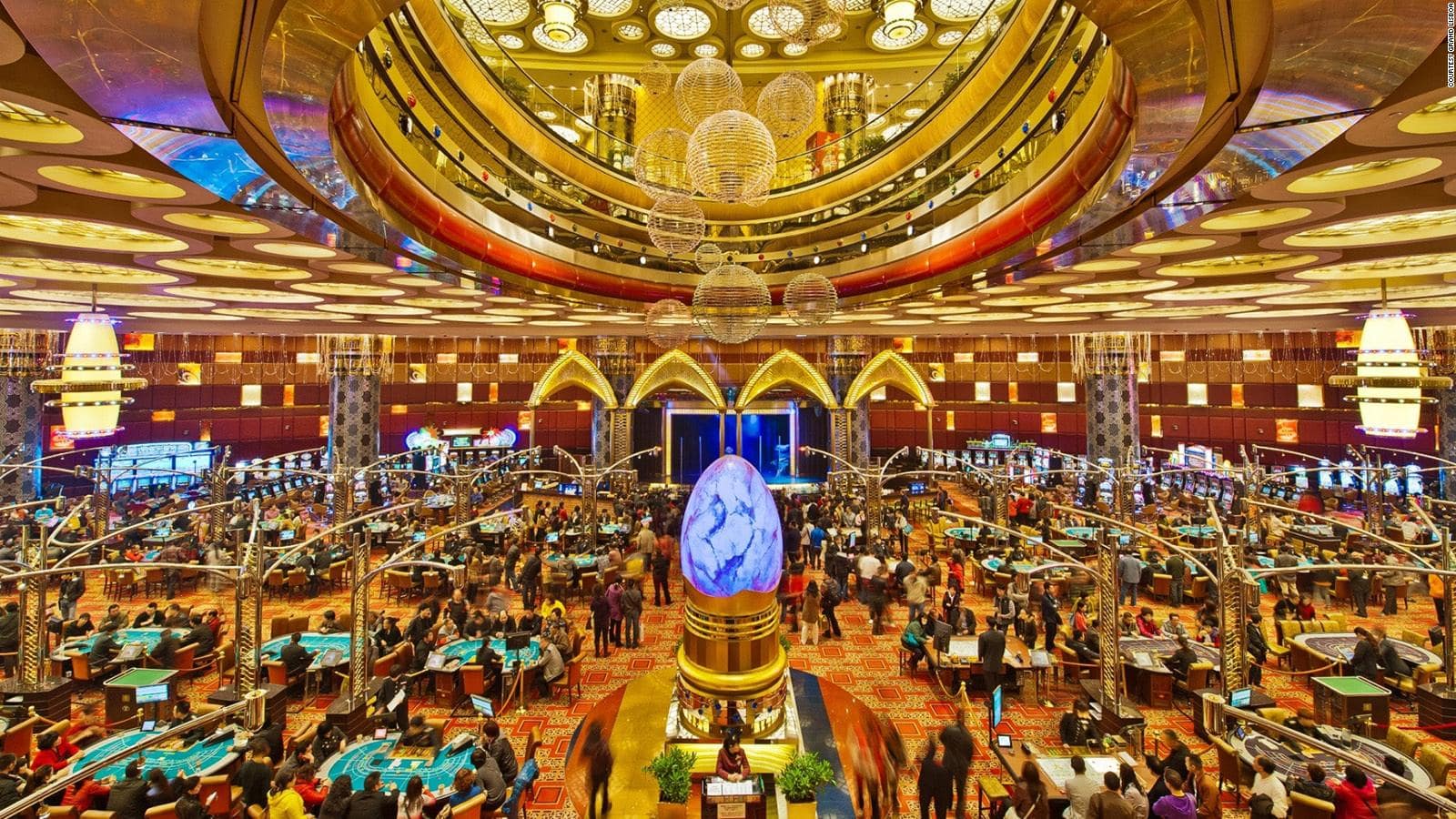
Gambling games have long captivated gamblers from all walks of life, drawing them into vibrant casinos filled with the sounds of spinning wheels, clattering chips, and cheering crowds. The thrill of chance and the allure of potential winnings create an exhilarating atmosphere that keeps gamblers coming for more. Whether it is the excitement of a slot machine, the strategic play of poker, or the anticipation of a roulette wheel, casino games offer a distinct combination of entertainment and risk that can be hard to ignore.
At the heart of this fascination lies a psychological pull that varies from person to person. For a few, the excitement of hitting a jackpot can elevate their mood, while for many, it’s a social experience that brings friends together. The colorful visuals, engaging sounds, and sometimes lavish environments of casinos further enhance the appeal, making each visit an adventure waiting to unfold. As we delve into why gamblers are drawn to these games, we uncover the underlying motivations and emotions that fuel their passion for the betting tables.
The Psychology of Gambling
The attraction of casino games frequently arises from the intricate psychology of gambling itself. Many players are drawn to the excitement of risking money for the opportunity of winning more, as it speaks to a deep-seated human desire for thrill and gain. This excitement can create a significant emotional experience. The combination of risk and potential monetary gain can trigger a dopamine surge, making players feel alive.
Furthermore, the design of casino games is engineered to keep players interested. The use of vibrant lights, enthralling sounds, and the social atmosphere of casinos can amplify the excitement. Players frequently find themselves engulfed in these spaces, where the expectation of a win encourages them to return. This sensory engagement encourages longer gaming sessions, as the instant feedback from wins, however minor, reinforces the desire to keep playing.
Finally, mental shortcuts play a major role in gambling behavior. Many individuals fall prey to the belief in control, believing they have power over outcomes even in games of luck. This mindset can lead to excessive confidence and the propensity to keep playing, despite accumulating losses. Additionally, gamblers typically remember their wins more vividly than their losses, which can skew their perception and enhance the desire to gamble more. This intricate interplay between emotions and cognitive factors helps clarify why so many are drawn to casino games.
A Attraction of Gaming Environments
The vibe of a gambling establishment is exceptionally enthralling, luring in bettors with its blend of excitement and anticipation. The sights and auditory experiences of twirling slots, enthusiastic participants, and the steady jingling of chips create an immersive experience that is challenging to ignore. The bright lights and dynamic layout foster a sense of excitement that keeps gamblers involved and invites them to remain more time. This captivating atmosphere contributes to the overall charm of gaming games, enticing both inexperienced and experienced bettors alike.
Furthermore, casinos are designed to arouse the senses in a manner that makes visitors feel as though they are starting on a fantastic journey. The strategic placement of games, comfortable chairs, and on-the-house refreshments enhance the overall experience, making gamblers feel appreciated and treated well. Many gambling spaces also incorporate decorative furnishings and elaborate themes that transport visitors to different worlds, amplifying the excitement. Such settings foster a sense of freedom, allowing gamblers to forget their everyday lives and immerse into the exhilarating realm of risk.
Ultimately, the existence of fellow participants amplifies the social element of gaming, creating a collective thrill. Engagements among players, be it through friendly conversation or shared joy during a huge win, cultivate a sense of bonding that many find appealing. This communal interaction enhances the experience of enjoying casino games, transforming it from a individual activity into a joint experience. The mixture of excitement, captivating settings, and communal ties makes gambling establishments an compelling spot for players desiring fun and a opportunity to profit.
Grasping Casino Mechanics
Gambling games are designed with specific mechanics that captivate players. Each game has its own set of rules, wagering schemes, and probability ratios, allowing players to engage with the game on multiple levels. Pq88 The thrill of submitting a bet and the anticipation of the outcome creates an exciting atmosphere. Grasping these mechanics can deepen a player’s appreciation for the game and enhance their overall experience.
Another crucial aspect of game mechanics is the idea of randomness. Many casino games, especially slot machines and table games, rely on random number generators or shuffling to determine outcomes. This randomness is what keeps players coming back; the unpredictable nature of the game creates a feeling of hope and excitement. Knowing that each spin or deal is independent of the last enhances to the appeal, as players believe they have a chance at winning, regardless of past outcomes.
Finally, the emotional response related to game mechanics should not be overlooked. The excitement of a major payout or the tension during decisive moments are integral to the enjoyment of casino games. These emotional highs and lows leverage psychological triggers that keep players engaged for longer periods. Comprehending these emotional responses to game mechanics can help explain why players are enticed by the thrill of casino games, constantly seeking that upcoming exhilarating moment.